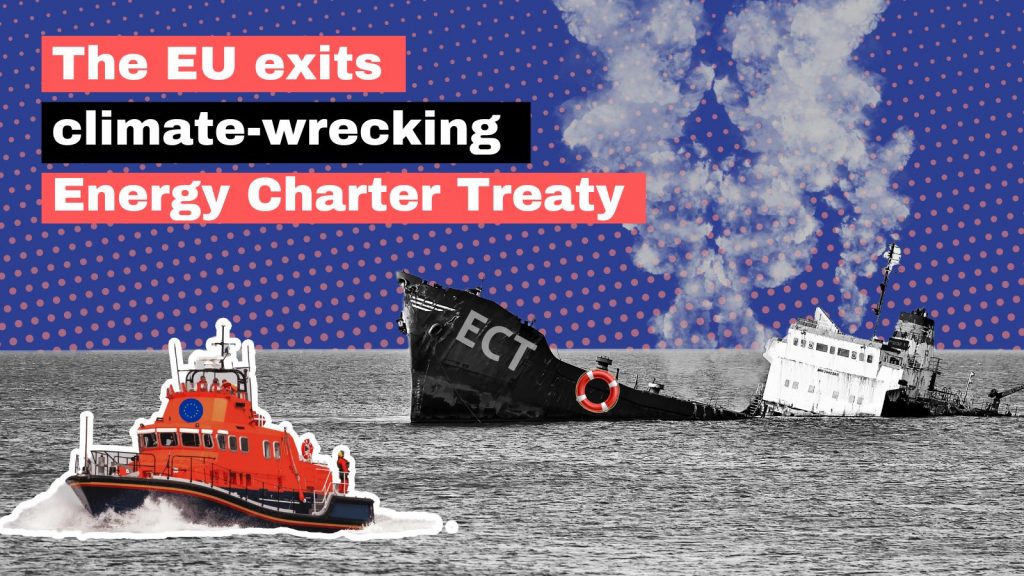‘Dieselgate’ was the result of corporate-driven deregulation, with both member states and European institutions complicit in turning a blind eye to industry-wide abuse, according to a report released today by Corporate Europe Observatory and Friends of the Earth Europe.
As the European Parliament’s inquiry committee on the Volkswagen emissions scandal wraps up with a final vote next week, “Driving into Disaster” reveals how the European Commission’s ‘Better Regulation’ agenda implicates the institution in an affair that has by now engulfed many leading manufacturers in the European automotive industry.
Corporate Europe Observatory’s transparency campaigner Pascoe Sabido said: “Car manufacturers have set the agenda for emissions regulation for over a decade. And it is the Commission’s Better Regulation that has put them in the driving seat. When the priority is to keep costs down for business, it is no wonder that tens of thousands of people die prematurely from toxic diesel fumes each year.
“It is the human cost that matters to citizens across Europe, not corporate profits. But Better Regulation only gives corporations more power. The Commission can no longer allow industry to make its own rules.”
The study highlights how both the European Commission and Member States turned a blind-eye to industry-wide abuse of the system for emission regulation, and as part of the ‘Better Regulation’ agenda even invited the car industry to shape regulation as well as its enforcement.
Myriam Douo, transparency campaigner for Friends of the Earth Europe added: “The Volkswagen scandal has lifted the lid on a culture of industry self-regulation and light-touch rule-making that is strongly linked to the Better Regulation agenda. Prioritizing cost reduction for business over heath and environment, biased impact assessments, largely relying on the car industry and weakening rules were all based on recommendations from the Better Regulation textbook.”
The car industry has used the rhetoric and objectives of ‘Better Regulation’ to its own advantage according to the organisations, pushing market-driven solutions, promoting industry-friendly impact assessments and arguing for voluntary agreements instead of binding regulation.






